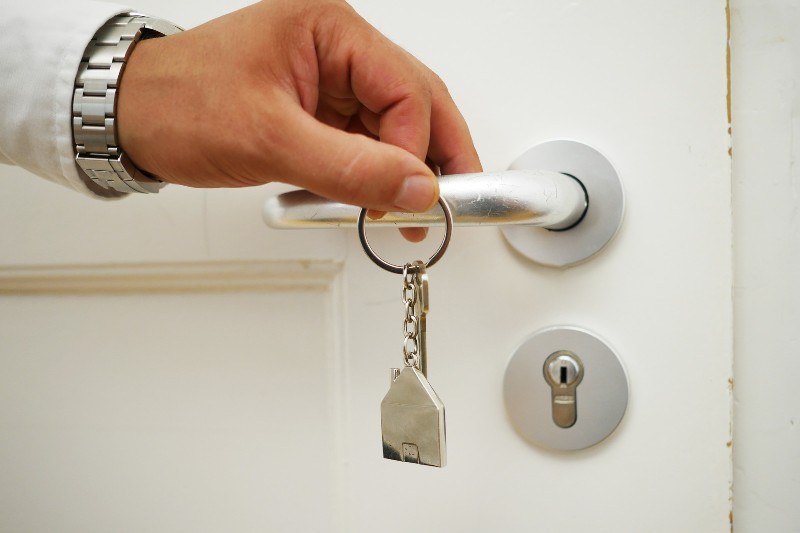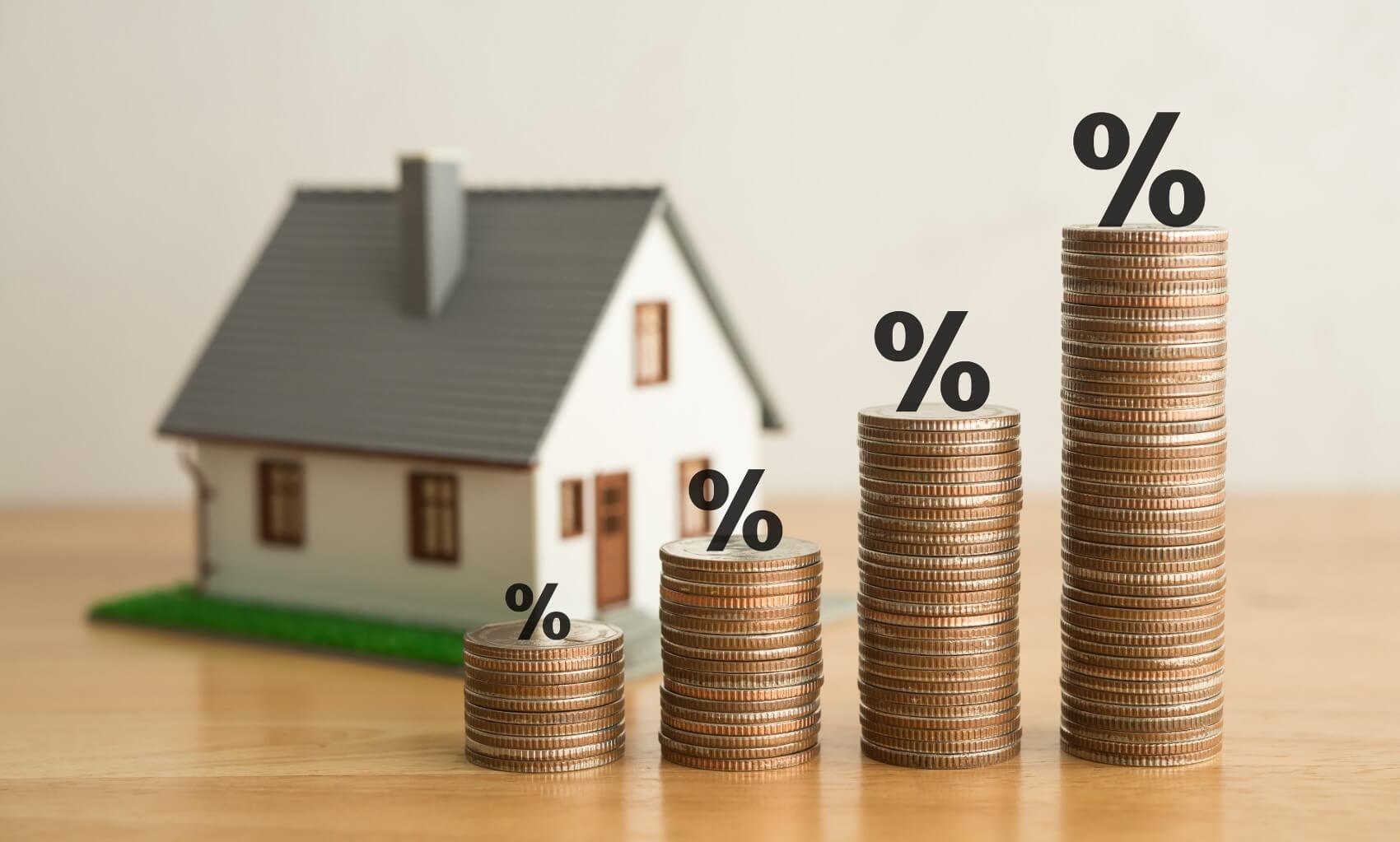By the time you’re reading this article, it may not be November. However, the question: “is it a good time to buy a house?” looms large in the minds of potential buyers year round.
Luckily, no matter what time of year it is, it’s possible to answer that question and give you the confidence you need to move forward with your home search. Here’s what you need to know about timing your home buy, and specifically, buying a home during the winter.
Is [this month] the best time to buy a home?
Once you decide to buy a home, it may take weeks – even months, and potentially up to a year if you’re in a competitive market – to not only find a home you like, but successfully close on it. Our guide details how the average home buyer takes about 90 days to buy a house, from start to finish. For this reason, it’s a good idea to not be too dependent on “the perfect month.” March might be the “best” time for you to buy a home – but if you start the process in March, it might be June by the time you actually make an offer that gets accepted!
No matter what month it is, if you:
- Have money saved to cover closing costs, moving costs, etc.
- Have a good credit score and employment history and can get pre-approved for a loan
- Have a need to move (whether that’s a new job, growing family, or a lease coming to an end)
Then it can be your “best” time to buy a home.
Is Winter a Good Time to Buy a House?
Winter 2020 may be your season, because winter is often a great time to buy a house – and there’s a few reasons for that.
- Less competition among buyers. If you wait for spring, you might find yourself getting stuck in bidding wars. But during the holiday season, people are busy and many potential buyers don’t want to look at homes – or simply don’t have time to think about buying a home and moving when they have to host Christmas dinner a couple weeks later. Less buyers = less competition. According to Trulia research, the inventory of starter homes actually increases by about 7% in the last three months of the year, as compared to the spring.
- The cold. In regions that experience cold winters, the cold often discourages people from going out to see homes. Many people would prefer to wait until spring rather than shivering through a polar vortex.
- Sellers are motivated. Sellers often sell their homes in winter because they have to, not because they want to. They may need to move for work, or be struggling financially and need to downsize. Whatever the reason, they are more likely than spring sellers to agree to your concessions because they don’t want to wait until spring for the house to sell.
And winter’s appeal is backed by analysis. According to Attom Data’s national number crunching, December is the best time to buy a home if your focus is on getting the best deal.
Their data even shows the best day of the year: “Buyers willing to close on a home purchase the day after Christmas realize the biggest discounts below full market value of any day in the year,” reads the report. If you can brave the cold and are willing to be flexible with your want list – due to lower inventory – winter can be a great time to buy a home.
Conversely, according to their data, buyers in June will pay 7% more on average. It’s worth noting that these national averages don’t necessarily reflect localized trends – so your experience may differ.

Mortgage Interest Rates are Really Low
A major advantage of buying this winter: home loan rates are still hovering around historic lows. As detailed in our July 2020 Outlook: “We ended up with the best month ever for mortgage rates, with average rates dipping into the high 2s for the first time in history.”
While rates have managed to remain low for a while, they can't stay this low forever. This major financial upside makes now a great time to buy a home if you can. Saving even a half a percentage on your home loan rate can save you tens of thousands of dollars over the lifetime of your loan!
It’s impossible to know when rates will start going up again, but when they do, they tend to rise quickly – meaning that putting off buying a home until later in 2021 can be a potentially costly decision when it comes to your mortgage rate. (In fact, we're already seeing signs of change, with rates taking a slight jump the first business day following the 2020 election results.)
Is it the right time to buy a home – because of COVID-19?
COVID-19’s impact on the real estate market has been profound. We’ve published a monthly Housing Market Outlook every month since the pandemic began affecting daily life. One of our very first reports detailed how it led inventory levels to unprecedented lows as sellers held onto their homes, waiting to see how the market would play out.
Buyers Face Strong Competition
Low inventory was an issue even before COVID hit. Baby Boomers have been opting to age in place rather than downsize, and a lack of new housing has led to bidding wars, rising prices (especially in the suburbs), and disappointed buyers.
On the one hand, buying now means dealing with the seller’s market. In a seller’s market, it’s the seller who has the upper hand – not the buyer. It will be difficult to ask for concessions or come in much below asking price in these conditions. On the other hand, a fast-paced seller's market can be even harder in the spring when many more interested buyers enter the ring.
It’s worth noting that every local market is different, though. Right now, for example, suburban homes are very hot – possibly because of the appeal of more space when so many people are still working from home. On the other hand, the availability of urban condos and homes for sale has increased in some areas.
If you need to buy and sell a house at the same time, you may also find yourself preferring this period when supply is practically non-existent. While you may face more competition in buying your new home, you don’t need to worry as much about your old home failing to sell (and having to base your decisions on that).
Is it the Right Time to Buy a Home When the Future is So Uncertain?
Anyone who experienced the Great Recession that began in 2007 is understandably wary of the housing market, having lived through the market completely crashing and leaving many people owing more on their house than it was worth.
However, there’s a few things you can keep in mind that will help you buy your home with confidence.
- The last Recession happened because of the subprime mortgage crisis. Lenders had relaxed their standards so that a lot of people over-borrowed, and it eventually reached a tipping point. Today, lenders have held to strict standards ensuring that there hasn’t been a similar rush of foreclosures, despite the pandemic. While this is reassuring, it also means that you shouldn’t expect a drop in home prices anytime soon.
- New construction hasn’t been keeping up with the growing number of households. CNBC detailed how “even with an above average pace of construction, it would take builders between four and five years to get back to a balanced market” – and that was published right before the pandemic hit, hindering supply chains and delaying construction projects even further.
- The average homeowner lives in their home for 13 years. Even if all expert predictions are off and we enter another housing crash, we’d eventually see the end of it. Homes that sold for pennies on the dollar in the last Recession are now selling for hundreds of thousands of dollars. If you know your finances are healthy and you keep emergency funds on hand, you'll likely be able to weather a storm.
Why Waiting Can Work Against You
Every market is different. In Baltimore, for example, home prices have been rising more slowly than they have been in Philadelphia. In Philadelphia, though, just over the past three years the median home price rose by $55,500 – prices rose almost 10% each year on average. Waiting can mean you end up with a larger mortgage than you originally intended – for the same amount of house. Or, conversely, it may mean you get priced out of the dream home that was previously within reach.
“One advantage to buying right now is skyrocketing property values in the Philly area,” notes buyer agent specialist Andrew DeSumma.
For first time homeowners, the longer you wait, the longer you pay for someone else’s mortgage. While renting can be a smart decision when you want less responsibility and risk, it ultimately means you’re not building equity. And with mortgage rates starting to climb and home prices rising, your closing costs, down payment, and/or monthly payments will only get bigger.



